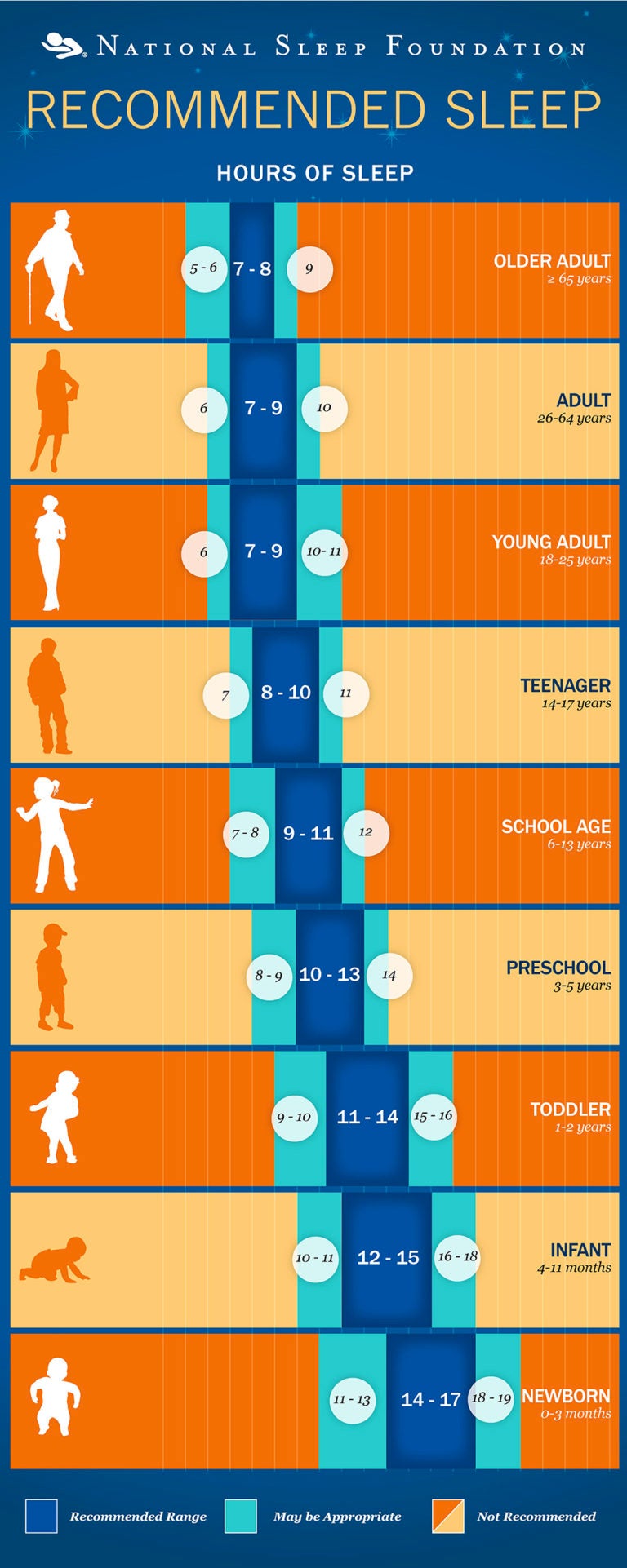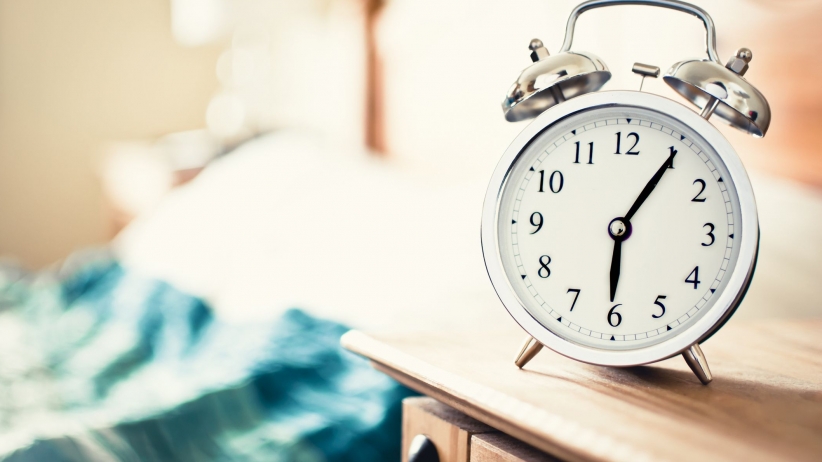
Sleep is one of my favorite things — I’ve never been one for alarms though. Potentially because they mark the end of my sleeping.
I started working remotely a fews years ago, and intermittently went between working from home and working at an office. Having a more flexible schedule meant I didn’t need to wake up at a certain time unless there was a meeting.
Related: Starting My Work Day at 5 a.m. Is the Best Decision I’ve Made This Year
Because of this, I’ve experimented with eliminating my morning alarm from my life. Here is how I went about it and how you can too.

According to the Harvard Medical School, sleep plays a critical role in:
- Immune function
- Metabolism
- Memory
- Learning
And health.com lists even more benefits including:
- A longer life
- Decreased inflammation
- Increased creativity
- Increased energy and stamina
- Sharpened attention span
- Healthier body weight
- Lower stress
- Decreased risk of getting into accidents
- Decreased risk of depression
Step 1: Learning how much sleep your body needs
Either through your phone, or products like Fitbit and Jawbone Up, it has never been easier to track your movement and sleep.
I started tracking my sleep and movement a few years ago and at the time realized that 7 hours and 45 minutes of sleep had me at the perfect amount of exercise for the day, but anything past 8 and a half hours and I would keep wanting to sleep.
Everyone’s optimal amount of sleep will be a little different. For guidance, the National Sleep Foundation states that people between the ages of 18 and 64 need anywhere from 7 to 9 hours of sleep at night.

Short of science and tracking, you can also do this on more of a feel basis. Ask yourself:
- How you feel when you wake up?
- How many hours of sleep did you get?
- The the amount of sleep you get feel like enough?
When I first started doing this, I quickly realized that I needed around 8 hours to wake up and really feel like I could start my day.
Once you figure out where your body is on the sleep scale, it becomes a lot easier to know when to go to sleep…

